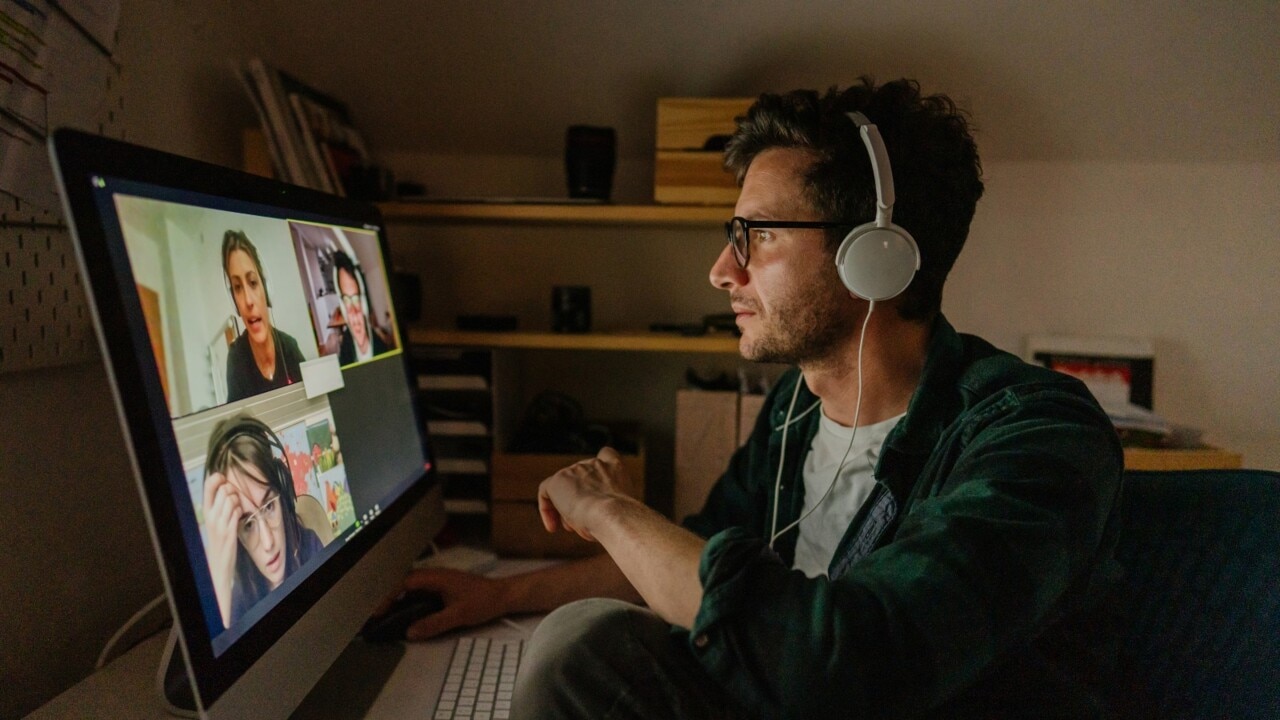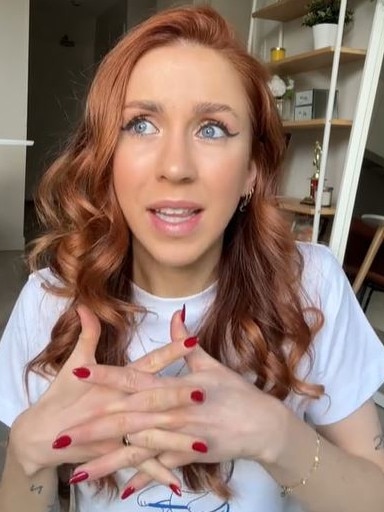Young Australians are working two jobs to stay financially afloat
One young Aussie has revealed why she “can’t remember” the last time she had a day off - revealing a grim new working trend.

Work
Don't miss out on the headlines from Work. Followed categories will be added to My News.
An increasing number of young Australians are working multiple jobs to stay financially afloat, often pulling seven-day weeks at work.
Hannah Clare is working two jobs and is still only ”breaking even” - which is just another sign that Australia is stuffed.
Financial comparison website Finder surveyed 1096 Aussies in March this year and found that 32 percent of those aged 18 and over felt financially pressured to look for a supplementary job in 2024.
Interestingly, it was women feeling the cost of living pinch more, with 41 per cent of females reporting a need to work more than one job compared with 24 per cent of men.
According to the Australian Bureau of Statistics, 970,700 people nationwide worked multiple jobs in December 2023.


Clare, 27, lives in Sydney, works four days a week at a café, and is a full-time content creator.
Before this year, she could work as a content creator and was making enough to live comfortably, but one income stream wasn’t enough anymore.
Even with 100,000 followers on Instagram and more than 100,000 likes on TikTok, she needed another income.
“I’d been working full-time as a creator for the last four years but wasn’t earning enough money from it solely anymore,”she told news.com.au.
The 27-year-old took to social media to admit that she doesn’t understand how people in this economy have the money or the time to have a social life.
“I can’t remember the last time I had a day off,” she admitted.
“I’m working every single day, to earn money, to pay my rent, to have food every day to keep my electricity on.”
Ms Clare said that despite her hard work, she’s still not saving any money, and she doesn’t understand how some people can still afford to go out for nice dinners or brunches or routinely treat themselves to expensive activities.
“How are they actually affording that? I don’t get it,” she said.


The Sydney local said she doesn’t think it is big things that are crippling her financially but rather how much everything has gone up across the board.
“I think it’s just the little everyday essentials that are gradually going up. So things like groceries, electricity, gas and water bills, and petrol,” she said.
“While individually, the increases are small but it all adds up so my overall expenses are gradually increasing while my income is not.”

To cope with the extra costs she’s constantly having to wear, she’s cut back on “everything” and always thinks before she spends.
“I pretty much only spend money on essentials. I hardly ever buy nice things for myself. I never go out to eat and have a budget of $20-$30 a week on groceries, so I eat very simply,” she said.
“I also avoid unnecessary driving, so I spend most of my time at home when I’m not at work to save petrol. So far, I’ve only filled up twice this year.”
Ms Clare said that money is always a stressor, but she worries about her future and whether she’ll ever be comfortable.
“I’m just scraping by day-to-day and am lucky that I do have savings as a safety net. But in the last two years, I have not saved any money,” she explained.
“I worry as to what this will look like going forward. I worry about never being able to earn more money. I worry about not being able to ever get a loan to buy property.”
She’s also unsure how long she’ll be able to keep up, not having days off to make ends meet and stay afloat.
“I currently work every single day, I can’t remember the last time I had a day off. I’m tired and have burnt myself out, but I need to do this to be able to afford to live,” she said.
More Coverage
Originally published as Young Australians are working two jobs to stay financially afloat





